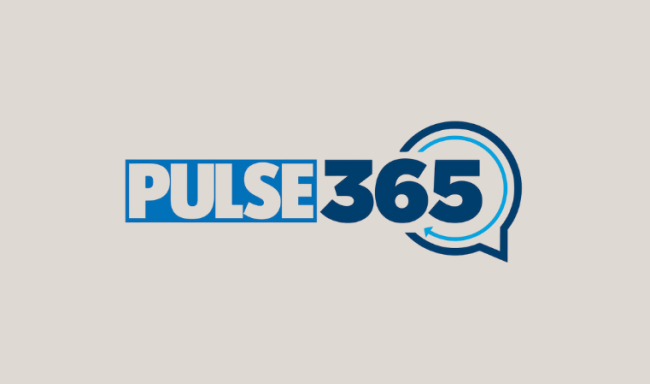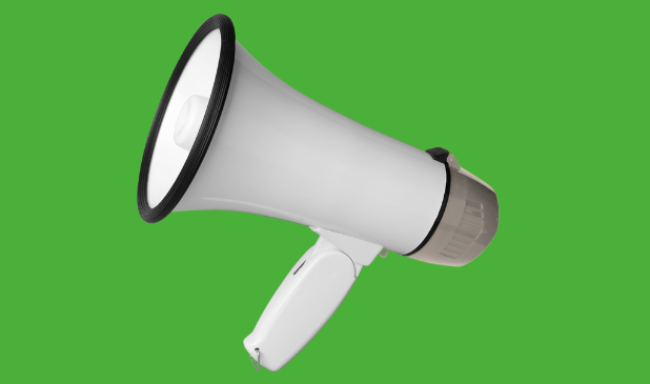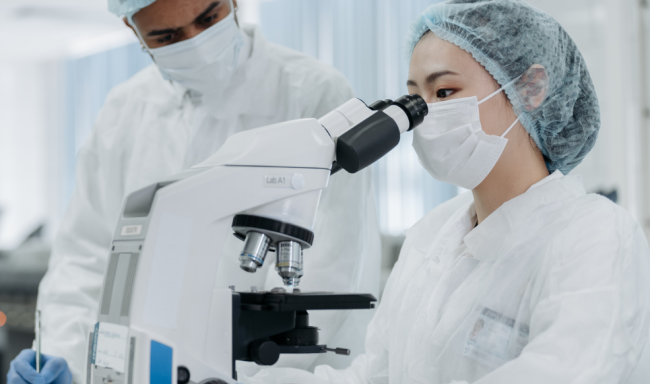Representatives from the Huntington’s Disease Association recently attended the European Huntington’s Disease Network Plenary from 16 – 18 September 2022
People come together from all over the Huntington community to hear topics presented including reports on recent advances in Huntington’s disease, and research (in both basic and clinical sciences). Aside from participating in the plenary and other parallel sessions, attendees had the opportunity to meet experts in the field of Huntington’s disease (HD). Attendees include researchers, clinicians, families and others representing people with HD, it shows the strength of the community with 3,400 members in 70 countries. In terms of research, there are now 160 clinical sites in 18 countries.
The plenary is funded by CHDI – a privately-funded, not-for-profit research organisation bridging the gap between academic and industry research, since 2002.
The weekend was an opportunity to connect with other professionals and meet with pharmaceutical companies to hear how they are looking for treatments for Huntington’s disease.
Day one
After the welcome from the Chair of the EHDN the first session called ‘Living with HD’ was presented by Charlotte Raven with Professor of Neurology Ed Wild and Charlotte’s daughter. Charlotte Raven, author and journalist shared her story of living with Huntington’s disease, from the shock diagnosis of her Dad to where she is today. She finished by saying,
"It blows my mind, that Huntington’s disease. is such a rare disease, yet somehow attracts so many of the world’s brightest and best scientists. This is the most striking gift I can imagine. Thank you to the researchers for what you do."

Next up was the 'New Genetics of HD' hearing from scientists in the HD world who are learning more and more about the heredity nature of HD.
Lunchtime was a chance to see posters from people across the Huntington community, including three posters that had been co-authored by ourselves.



The evening was a talk by Nora Guthrie, with family photos, and stories including time spent with Bob Dylan and how they had adapted their way of living to look after Woody Guthrie.
Day two
An update on ongoing clinical trials saw some of the key researchers discussing their findings:
- Prilenia. PROOF- HD is looking to see if pridopidine can give neuroprotection and improve total function capacity and improve cognition in people with early symptoms of Huntington's disease.
UniQure - a product called AMT 130 is injected directly into the striatum (in the brain) targeting lowering huntingtin. They are currently reassessing data and reviewing the dose of the drug given. - Wave Life Sciences - SELECT HD target is to reduce mutant huntingtin without affecting the normal protein. Two of the studies have been discontinued as not effective but they are continuing with a third.
- PTC Therapeutics PIVOT HD aims to lower Huntingtin in the brain and blood. The current trial is to see if their drug is safe and well tolerated.
SOM Biotec are harnessing the power of Artificial Intelligence and will be soon looking to recruit participants for a trial.
There were lots of questions from the audience about the data that was presented. After recent setbacks, it was reassuring to see pharmaceutical companies together on one stage talking about how they are continuing to test drugs that can help people with Huntington's disease.
The afternoon was a chance to hear about the multi-disciplinary aspect of care, best practice from across Europe was shared, this led to a lively question and answer session, with everyone sharing knowledge of what they found works best for looking after people with later stages of HD.
Day three
We listened to learning from other Neurogenerative disorders and the progress and setbacks that have been made. What you get from the scientists presenting is their determination to try and find new ways of treating Huntington’s disease, some they now know don’t’ work (Deep Brain Stimulation was an example) and although that is disappointing the research is always moving forward.
On day three we heard from
- AskBio who are developing gene therapy and using neurosurgery to target brain tissue direct.
- Sage are making progress with a drug Sage 718 that targets the cognitive symptoms of HD and they are looking at how this can translates into improvement of quality of life.

- Roche spoke about next steps in phase 2 of the Tominersen trial, after the disappointing setback of GENERATION-HD1 , there will be a GENERATION-HD2 trial. Findings taken from the data from GENERATION HD1 means there will be a GENERATION D2 trial, targeting people at a younger age showing fewer symptoms.

- Annexon shared findings from their protein-lowering drugs, they are continuing their research after results from a Phase 2 clinical trial.
The final round-up included poster awards for people who had presented at the conference. Finally, we were shown a film of a young girl who had been treated for ALS, or more commonly known as Motor Neuron Disease, now in a drug trial the drug is showing promising results. Although this trial isn’t about people with HD it’s encouraging to see the positive outcomes of drugs that are being tested currently.
For more details on drug trials, you can visit the HDBuzz website, join our mailing list or follow us on social media.



